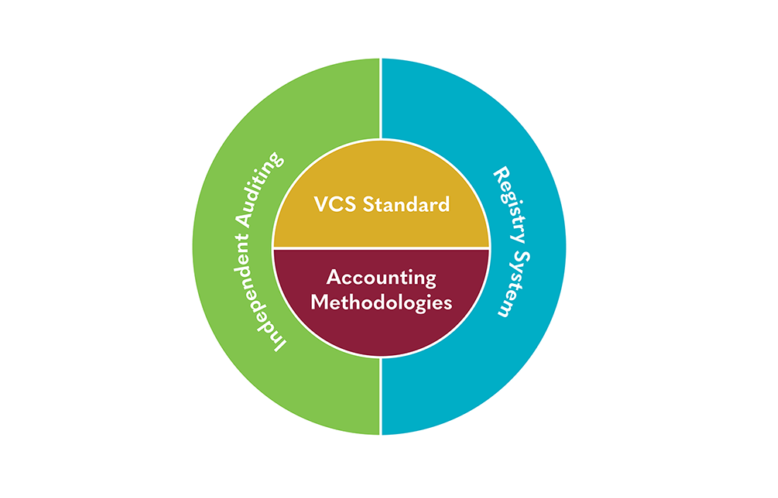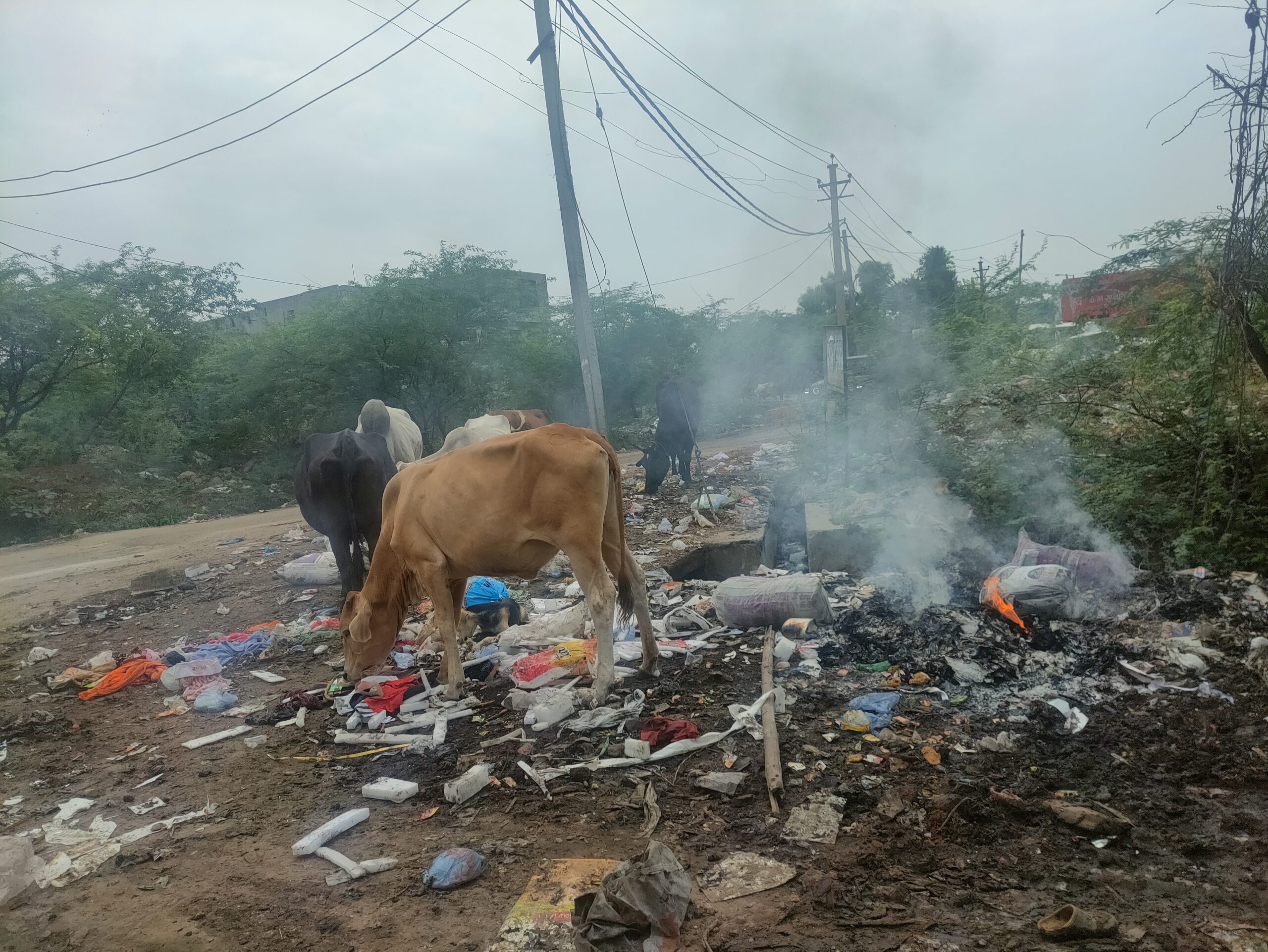Carbon offsets need close regulation & verification
Though carbon offset programmes have been around for a decade, over the last couple of years thousands of companies and self-styled not-for-profit organisations have sprung up all over the world claiming to provide carbon offsets that have evolved into multi-billion business, with mandatory offsets shooting to USD 500 billion and voluntary programmes rising to USD 2 billion last year.
Both the offset programmes are expected to grow multi-fold in the seven years to 2030 and even higher afterwards. According to forecast by Morgan Stanley, an investment bank, the voluntary carbon offset programmes, where individuals contribute on their own to cut their carbon emissions, is likely to grow 50 times to USD 100 billion by 2030 and rise further to USD 250 billion in 2050.
The mandatory offsets are also likely to be several times bigger by 2030. But with no oversight or regulation, both components of carbon offsets programmes are open to fraud, some of which have already been uncovered.
A recent investigation by three European media houses, namely British newspaper The Guardian, German weekly Die Zeit and SourceMaterial, a group of journalists uncovering corruption and climate scandals, found that there were gaping holes in the programmes of carbon offsets. The report said that its analysis of a significant proportion of projects certified by Verra, the world’s largest carbon offset certifier, indicated that more than 90 pc of its rainforest offset credits do not represent genuine carbon reductions.
Following the publication of the report, Verra, which dominates the rapidly growing market of voluntary offsets, currently valued at USD 2.4 billion a year, said that it would scrap the system by 2025 and introduce a significantly different mechanism to prevent misuse or abuse.

One of the largest operators of offsets, Verra’s certification programme was found to be highly suspect
The serious loopholes in Verra’s certification programme is just the latest of such scandals that have surrounded the carbon offset programmes since they were launched over three decades ago. The idea, proposed and propelled by the big industry lobby in the developed world, Big Oil, steel makers, car makers and food companies, was always seen with a huge suspicion by environmental activists who accused, with increasing proof, the big business of simply cheating and lying when it came to carbon offsets or carbon trading.
The system is without any checks and balances and looked custom-made for fraudulent claims to pass through. Basically, it allows a big polluter, say Shell, to ‘offset’ its carbon emissions from its oil wells in the North Sea, if it undertook or financed or assisted in financing or had any role in measures in faraway Burundi or Cambodia. All the companies have to do is to show that they have committed a certain amount of their budget to organisations that plant trees for them or protect trees or harvest water or literally any other thing that can even remotely pass off for environment protection.
The big industry, as it is prone, has developed this activity into yet another revenue stream with an extensive ‘stock market’ of carbon trading where a company which has more carbon credits, meaning it did not pollute ‘enough’ or it had purchased carbon credits through the above mentioned activities in some remote area, could sell them to another which has polluted more than what was ‘allowed’.
That the whole carbon trading and carbon offset system was a scam has been evident to everyone except the regulators and the business, of course. For long, organisations like GreenPeace have criticised carbon trading and offsets saying that it was nothing but a huge invitation for polluters to continue polluting.
The environmental organisations say that the governments have taken a back seat on the issue, pretending that carbon offsets actually lead to something, while there is no check whatsoever on the claims of billions of euros being ‘invested’ in carbon offset programmes being run by all and sundry all over the world. The calling out of Verra’s hugely flawed certification programme is just the tip of the iceberg of malaise afflicting the global carbon offsets system.
As the world hurtles toward a climate catastrophe, the governments can no longer afford to turn a blind eye to this fraud since it is bound to increase significantly in the years to come as countries and companies race to meet their initial commitments to cut their carbon footprint by the first deadline of 2030 as set under the United Nations Framework Convention on Climate Change (UNFCCC). The world’s carbon emissions are meant to go down by nearly half by that timeline. However, not a single country seems to be on track to meet that deadline as of now.
This means that an increasing number of companies and countries would be tempted or forced to use the carbon offsets system to show that they have curtailed their emissions and hence increase the opportunity for fraud at a much larger scale than where it is now, since for most part it is still a voluntary system.
Since it involves billions of euros changing hands every year and with the amount set to rise much higher in the years to come, it is highly likely to attract all kinds of shady dealings and could even attract criminals or money launderers since it is an area where the two parties’ words – the company that is trying to offset its emissions and the organisation that is meant to ensure that the money is used for environment protection — is taken at face value and without any meaningful cross checks, one can be sure that thousands of skeletons would tumble out of these closets whenever or if ever they were checked by regulators or independent auditors.
The governments owe it to themselves and their citizens to intervene rapidly and either scrap the system or create a framework of checks and balances where the carbon offsets are determined in real terms and on the ground, not by an estimate or just a piece of paper issued by a company whose interest lies in generating more and more such papers or certifications.
The intervention by the regulators is becoming even more urgent as over the past few years, a number of companies and NGOs have started reaching out to consumers for their contribution to cutting their own carbon footprint, the kind of system that Verra has been overseeing. It is commonplace now for airlines to add a small voluntary contribution by a traveller for ‘offsetting’ the carbon emitted during her travel or a garment maker offering carbon-free clothes.
In both these and almost any other similar case, the consumer has to place blind trust in the company that is asking for contribution, but with little or almost no knowledge and certainly no control over how that money is utilised. And this is a business that is primed for fraud or crime due to these limitations and the widespread appeal for consumers to do their bit in preventing climate change. The market for such voluntary contributions is worth hundreds of billions of euros each year. Just take the airline travellers. Even if 10 pc of air travellers contributed EUR 1 for each travel they made in 2022, the kitty would be EUR 680 million. One can add on the sums for each vertical where a consumer can be coaxed into ‘buying’ carbon offsets.
The sooner the governments take their heads out of the sand and look at the market, the faster they can save their citizens and the planet from being ripped off. What is needed desperately is a reduction in carbon emissions, not some fudged accounting which is what carbon offsets are.










